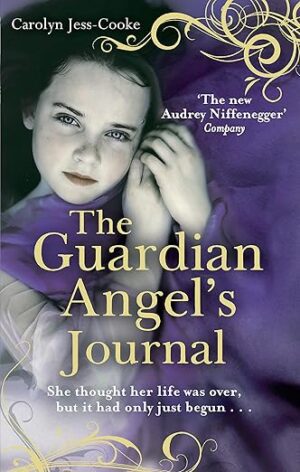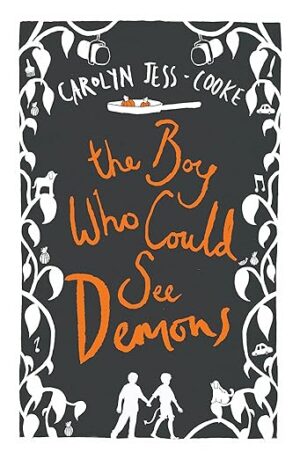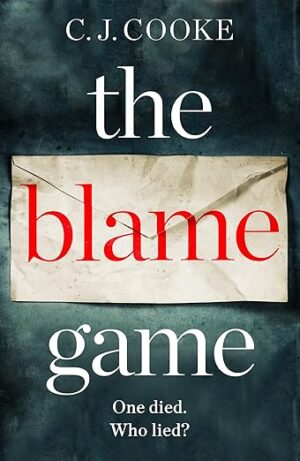In October 1980 the National Theatre, one of Britain’s premier arts venues, raised the curtain on a play that provoked a tsunami of moral outrage. The Romans in Britain, by Howard Brenton was thematically challenging and visually bold with its staging of nude scenes and graphic violence, including a male rape. It was that “rape” which overshadowed the play’s intellectual premise: the similarities between the Roman occupation of Britain and the presence of British troops in Northern Ireland.
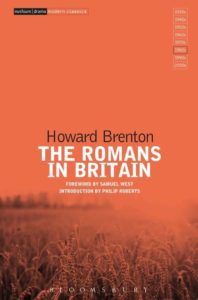
For Christian morality campaigner Mary Whitehouse, the comparisons were irrelevant. What mattered was that a simulated act of buggery had taken place in public on a stage. A private prosecution was taken out against the play’s director Michael Bogdanov for “having procured an act of gross indecency”. The court case was eventually withdrawn and although the rape scene is still talked about to this day there isn’t as much noise. If anything, the focus has shifted to the play’s relevance and its assertion that the Roman invasion of Britain is a metaphor for imperialism. That raises the wider question of whether a play or a novel is the ideal vehicle for exploring the human consequences of such injustices as slavery, colonialism, sexual exploitation, or crimes against humanity.
There is no right or wrong answer, although the theatre does have a long, established tradition of tackling weighty ethical issues. Antigone, by the ancient Greek writer Sophocles, is essentially a tragedy yet it also confronts important questions about the absoluteness of the law and the right of the individual to break it in specific circumstances. Shakespeare’s Macbeth is a chillingly forensic study of leadership, out of control ambition, and cold-blooded murder, culminating in a violent downfall. The moral of the story? Power comes at a price! Shakespearian themes translate well into novels. Jane Smiley’s A Thousand Acres, where an Iowa farmer divides his land between his three daughters before removing the youngest from the contract, is a reworking of King Lear and the theme of family breakdown.
The interchange between plays and fiction can and often does work well, although there are some stories that can only be done justice in a stage production.

The Whip, by award-winning playwright Juliet Gilkes – Romero, is an unflinching look at a lesser-known chapter of British history. Its focus is the politics behind the passing of anti-slavery legislation and a bill compensating slave owners for the loss of their human property. Yes, you read that right – tax payer money for people traffickers! To add insult to injury the original £20 million reimbursement loan, taken out in 1833, was paid off in 2015 by which time its value had ballooned to around £20 billion! The Whip hit the stage in 2020 and its arrival couldn’t have been more well timed. Global rage had boiled over following the death of George Floyd in the United States, reigniting a much wider debate about monuments to historical figures who had built their wealth on slavery. The stage was the right environment to showcase this multi-threaded analysis of class structures, establishment assaults on human dignity, and the corrosive hypocrisy of politics.
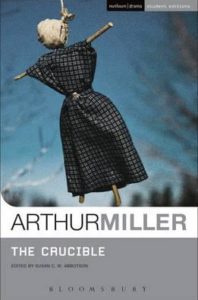
The Whip joins a long line of plays that have spoken truth to power through history’s key moments. Arthur Miller’s The Crucible, set in seventeenth century Massachusetts, used the Salem witch trials to attack Joseph McCarthy’s persecution of Americans sympathetic to Communism. When the play opened in 1953, the reviews were largely hostile although their tone changed the following year. The Crucible is now recognised as a powerful indictment of hysteria, self-righteousness, and the danger of false accusations, themes that resonate today. Would it have packed a similar punch if it had been written as a novel? Probably not, in much the same way that the abject nihilism of Blood Meridien, Cormac McCarthy’s violent 1985 novel, would be lost in a stage or film adaptation.
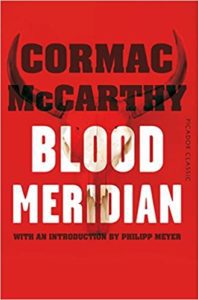
Plays and novels exploring taboo subjects, or which challenge established points of view, should be celebrated not shouted down. Criticism is the obvious default position when writers confront society with truths that might hurt. Howard Brenton may have overdone the metaphors but at least he had the courage to ask the questions politicians had dodged for years. Although talking truth to power – either through a novel or a play – could potentially damage an author’s reputation, it does have the potential to force change and in the final analysis that’s no bad thing.












